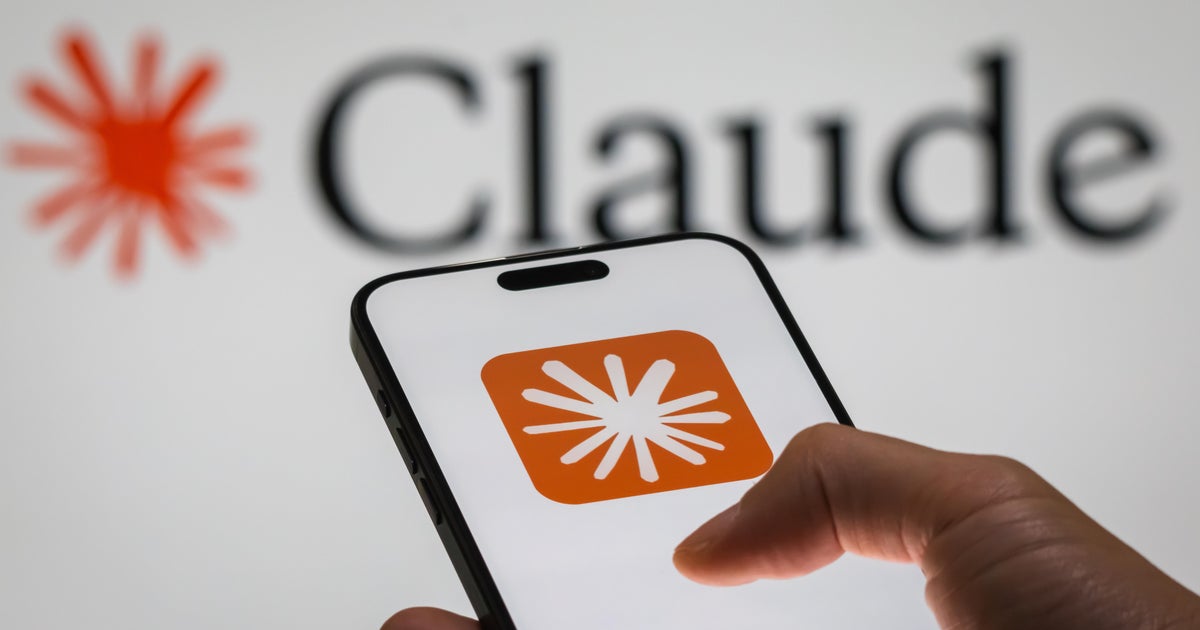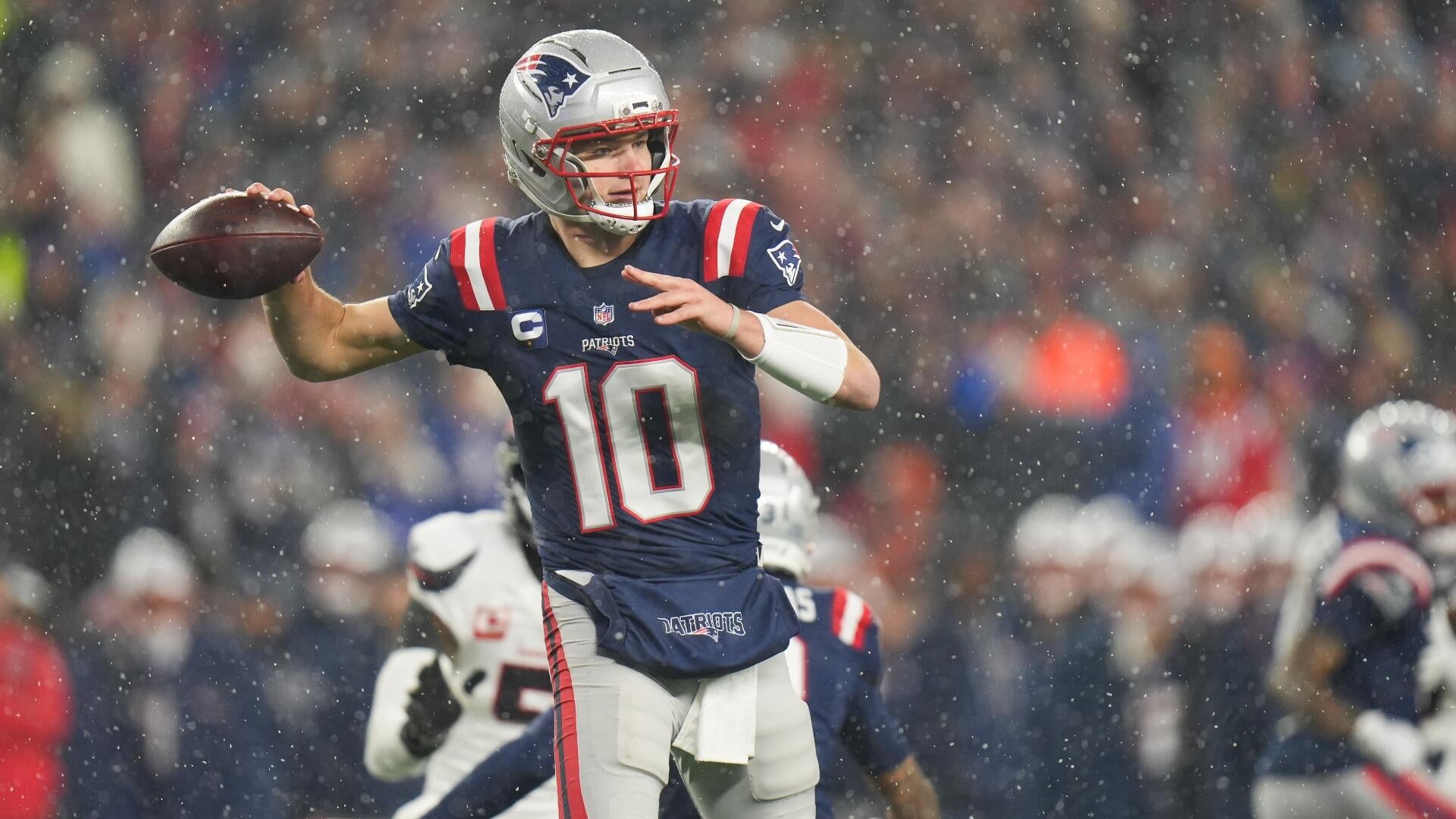

Anthropic, which operates the Claude artificial intelligence app, has agreed to pay $1.5 billion to settle a class-action lawsuit by book authors who alleged the company took pirated copies of their works to train its chatbot.
The company has agreed to pay authors about $3,000 for each of an estimated 500,000 books covered by the settlement. A trio of authors — thriller novelist Andrea Bartz and nonfiction writers Charles Graeber and Kirk Wallace Johnson — sued last year, and now represent a broader group of writers and publishers whose books Anthropic downloaded to train its chatbot Claude.
The landmark settlement could mark a turning point in legal battles between AI companies and the writers, visual artists and other creative professionals who accuse them of copyright infringement. A judge could approve the settlement as soon as Monday.
"As best as we can tell, it's the largest copyright recovery ever," said Justin Nelson, a lawyer for the authors. "It is the first of its kind in the AI era."
In a statement to CBS News, Anthropic Aparna Sridhar deputy general counsel said the settlement "will resolve the plaintiffs' remaining legacy claims."
Sridhar added that the settlement comes after the U.S. District Court for the Northern District of California in June ruled that Anthropic's use of legally purchased books to train Claude did not violate U.S. copyright law.
"We remain committed to developing safe AI systems that help people and organizations extend their capabilities, advance scientific discovery and solve complex problems," Sridhar said.
Anthropic, which was founded by former executives with ChatGPT developer OpenAI, introduced Claude in 2023. Like other generative AI bots, the tool lets users ask natural language questions and then provides summarized answers using AI trained on millions of books, articles and other material.
Settlement terms
If Anthropic had not settled, experts say losing the case after a scheduled December trial could have cost the San Francisco-based company even more money.
"We were looking at a strong possibility of multiple billions of dollars, enough to potentially cripple or even put Anthropic out of business," said William Long, a legal analyst for Wolters Kluwer.
U.S. District Judge William Alsup of San Francisco has scheduled a Monday hearing to review the settlement terms.
Books are known to be important sources of data — in essence, billions of words carefully strung together — that are needed to build the AI large language models behind chatbots like Anthropic's Claude and its chief rival, OpenAI's ChatGPT.
Alsup's June ruling found that Anthropic had downloaded more than 7 million digitized books that it "knew had been pirated." It started with nearly 200,000 from an online library called Books3, assembled by AI researchers outside of OpenAI to match the vast collections on which ChatGPT was trained.
Debut thriller novel "The Lost Night" by Bartz, a lead plaintiff in the case, was among those found in the Books3 dataset.
Anthropic later took at least 5 million copies from the pirate website Library Genesis, or LibGen, and at least 2 million copies from the Pirate Library Mirror, Alsup wrote.
The Authors Guild told its thousands of members last month that it expected "damages will be minimally $750 per work and could be much higher" if Anthropic was found at trial to have willfully infringed their copyrights. The settlement's higher award — approximately $3,000 per work — likely reflects a smaller pool of affected books, after taking out duplicates and those without copyright.
On Friday, Mary Rasenberger, CEO of the Authors Guild, called the settlement "an excellent result for authors, publishers, and rightsholders generally, sending a strong message to the AI industry that there are serious consequences when they pirate authors' works to train their AI, robbing those least able to afford it."










-3.png)



